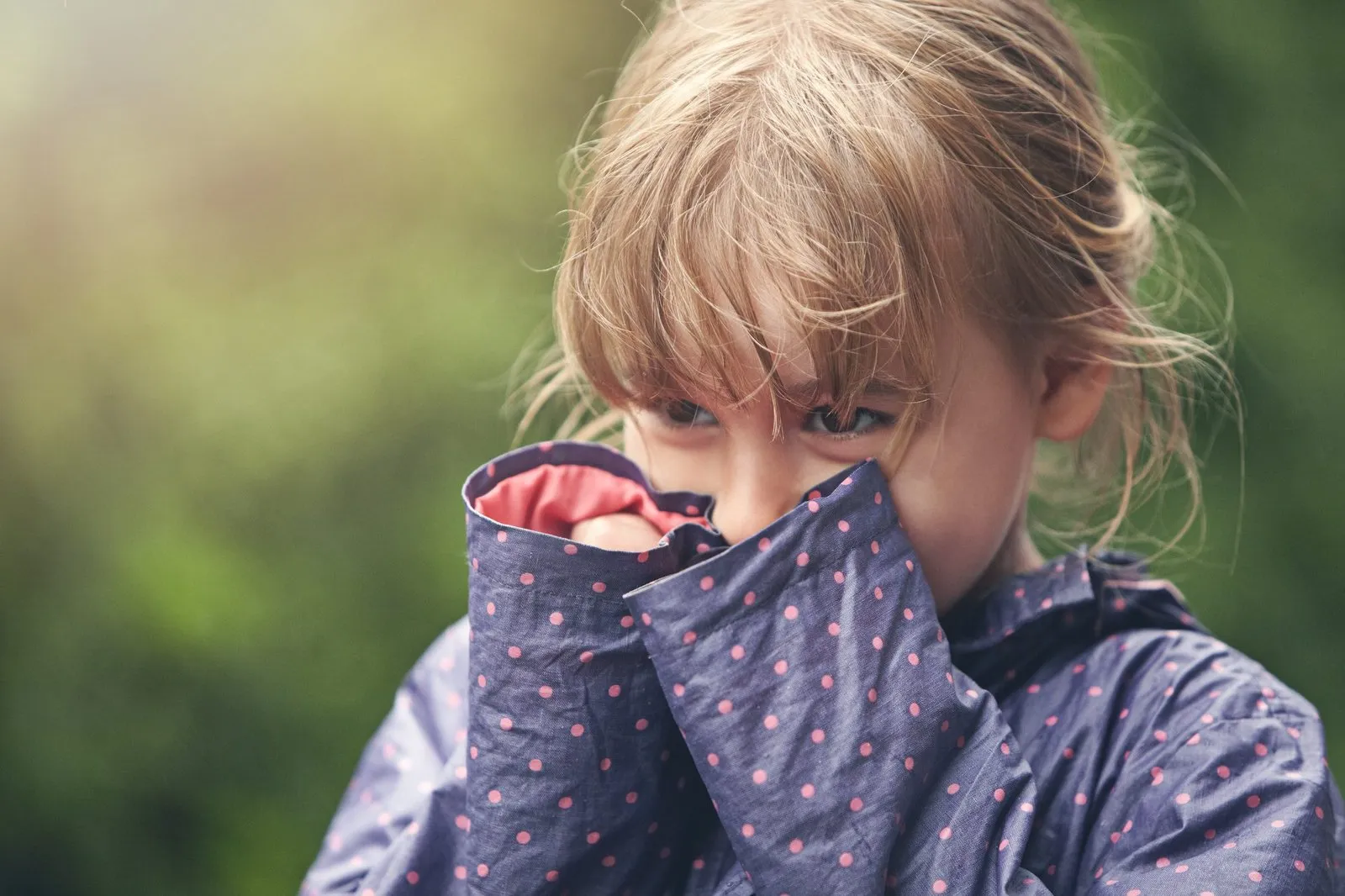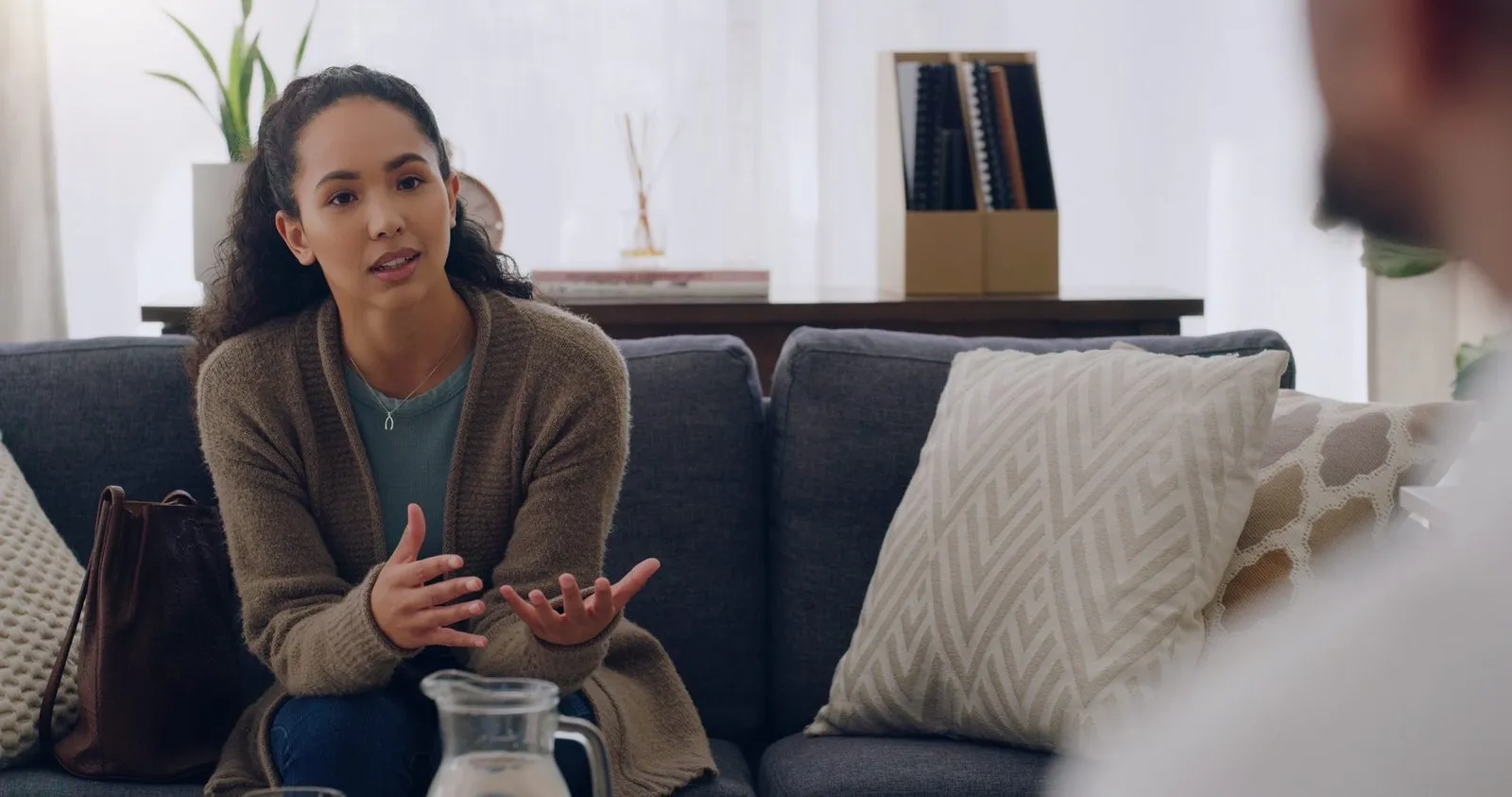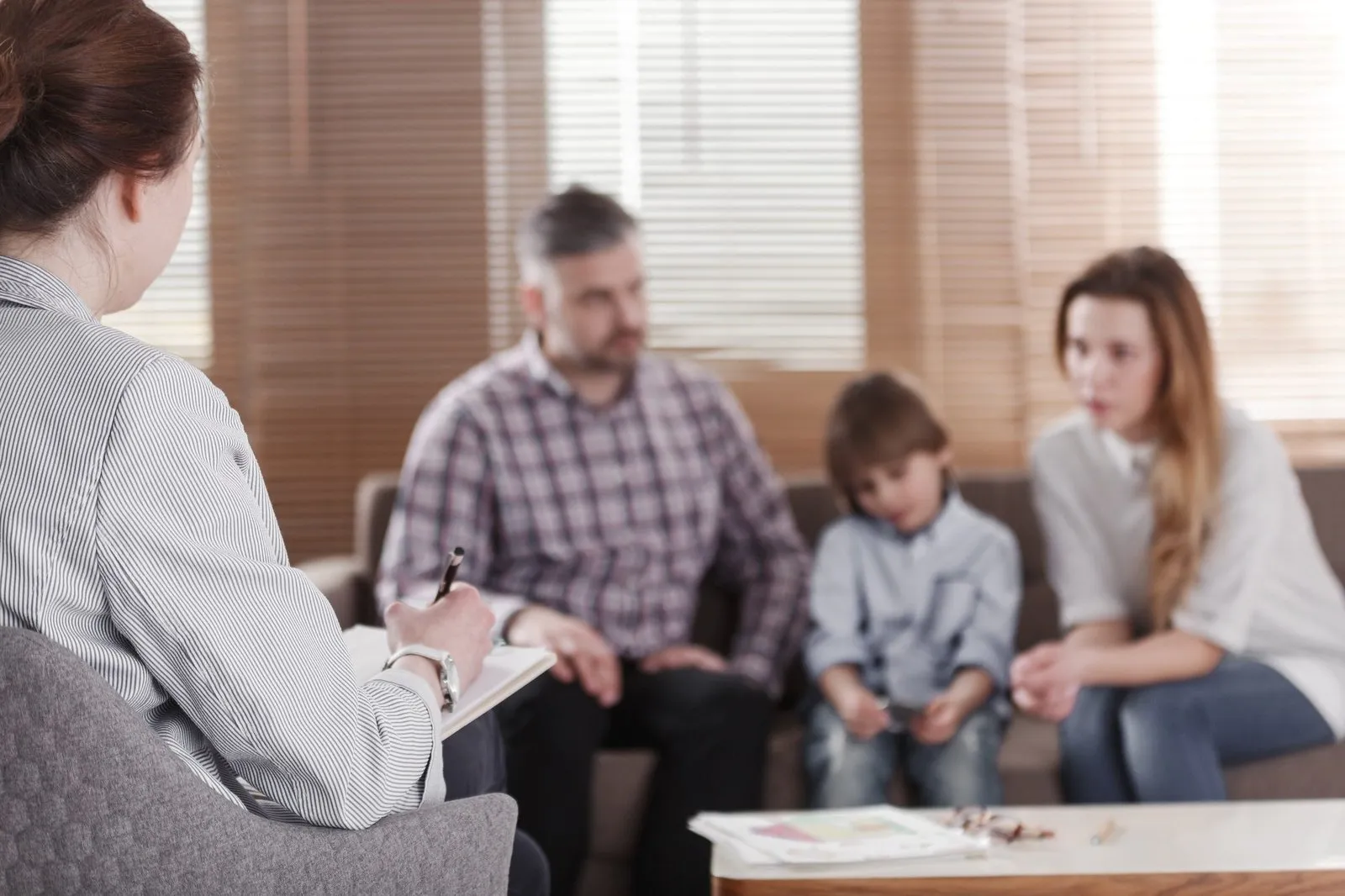
What is a Specific Phobia?
A specific phobia is an intense, irrational fear of a particular object, situation, or activity that poses little to no real danger.
Unlike general fears, phobias cause significant distress and can interfere with daily life.
Common examples include fear of heights (acrophobia), flying (aviophobia), needles (trypanophobia), and enclosed spaces (claustrophobia).

Symptoms of Specific Phobias
People with specific phobias may experience severe anxiety when faced with their fear, leading to physical, emotional, and behavioural responses, such as:
Intense fear or panic when encountering the object or situation
Physical symptoms like rapid heartbeat, sweating, trembling, dizziness, or nausea
Avoidance behaviours that disrupt daily activities or routines
Distress even when thinking about the phobia

Causes of Specific Phobias
Phobias often develop due to a combination of genetic, environmental, and psychological factors.
Common causes include:
Traumatic experiences related to the feared object or situation
Learned behaviours from observing others with similar fears
Brain chemistry and genetics, which may contribute to heightened anxiety responses

What are the Best Treatments for Phobias?
Specific phobias are highly treatable with evidence-based therapies, including:
Cognitive Behavioural Therapy (CBT): Helps change negative thought patterns and gradually reduce fear responses.
Exposure Therapy: A structured approach that involves gradual, controlled exposure to the feared object or situation to desensitise the response.
Mindfulness and Relaxation Techniques: Helps manage anxiety symptoms and improve emotional regulation.
Medication: In some cases, short-term use of medication may be recommended to manage severe anxiety symptoms.
Anytime. Anywhere.
We’re here when you need us.







.svg)

.svg)
.png)

